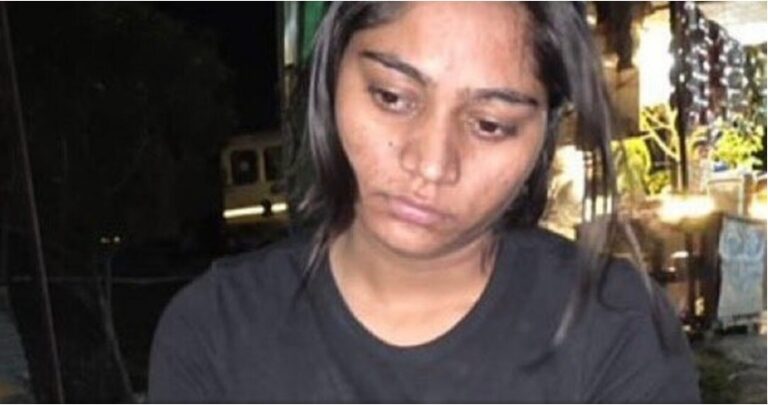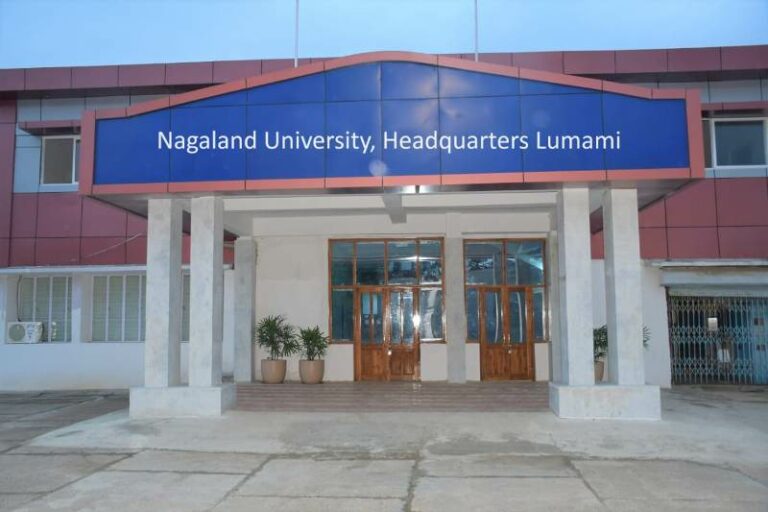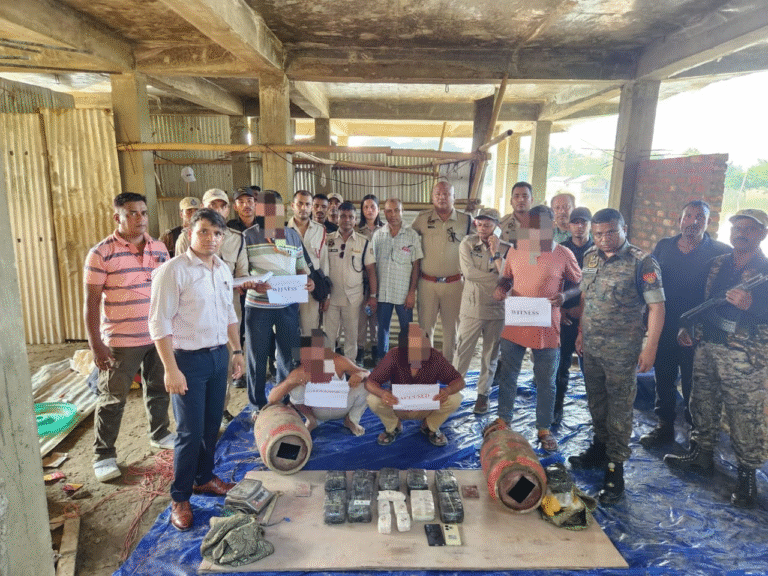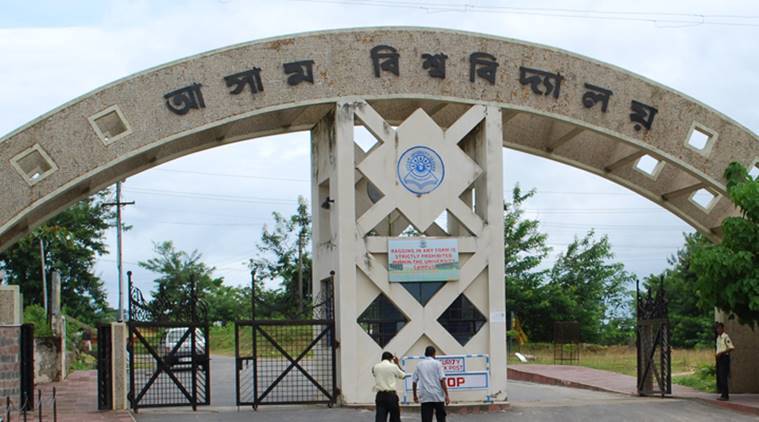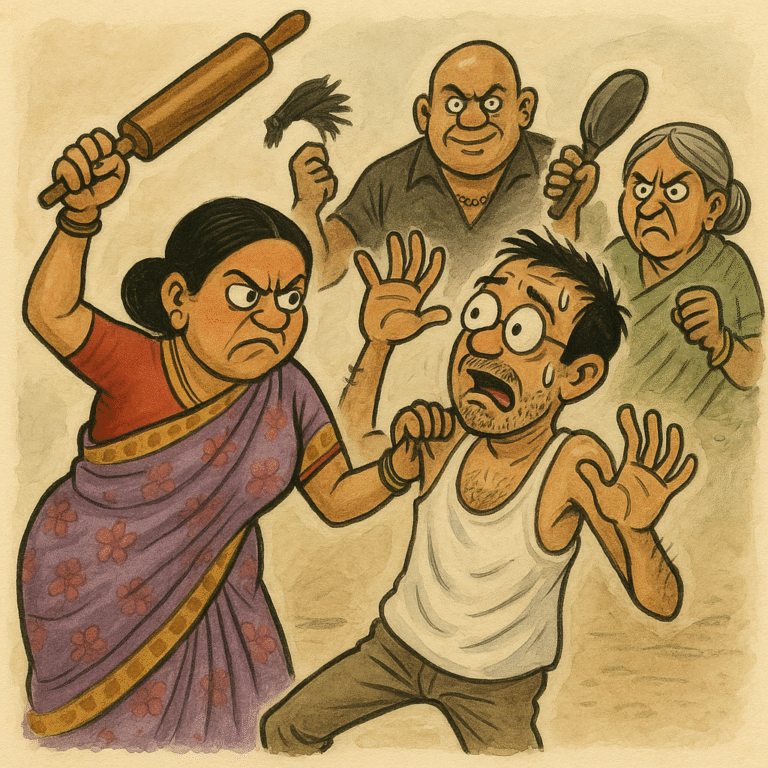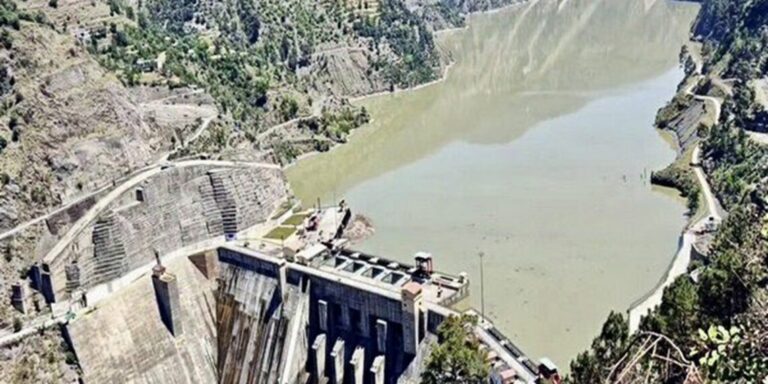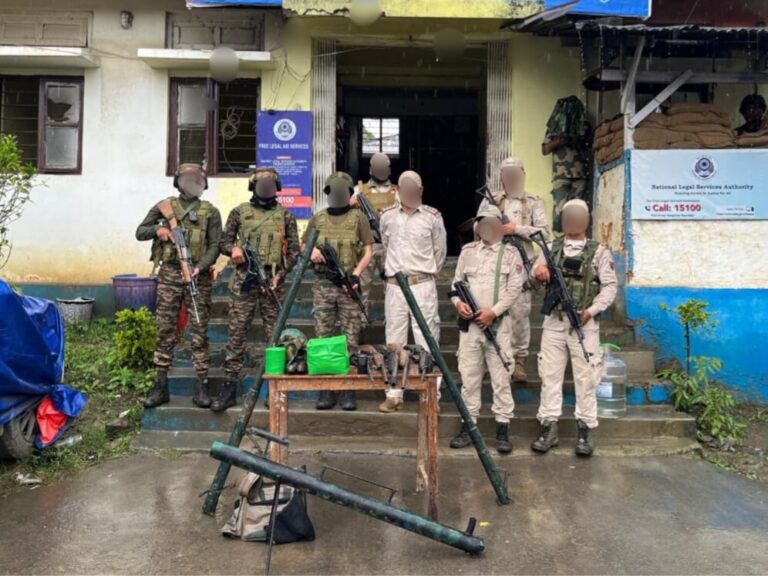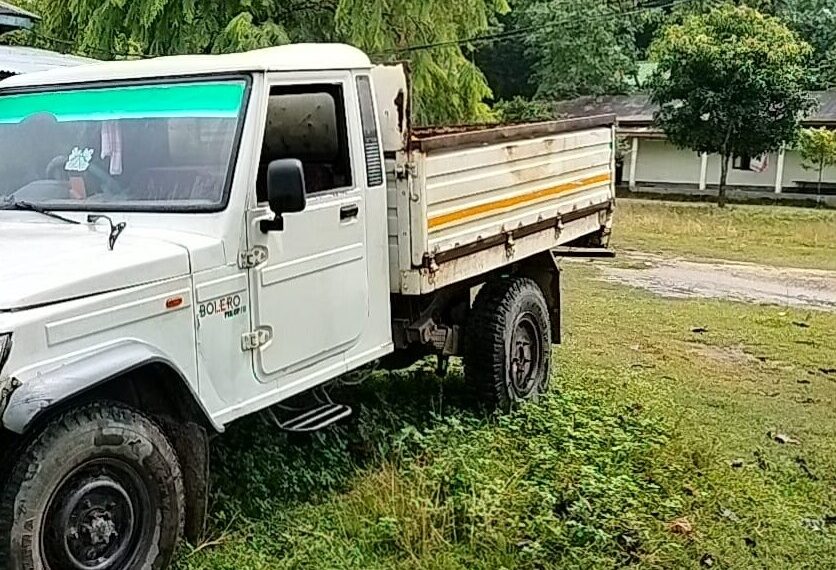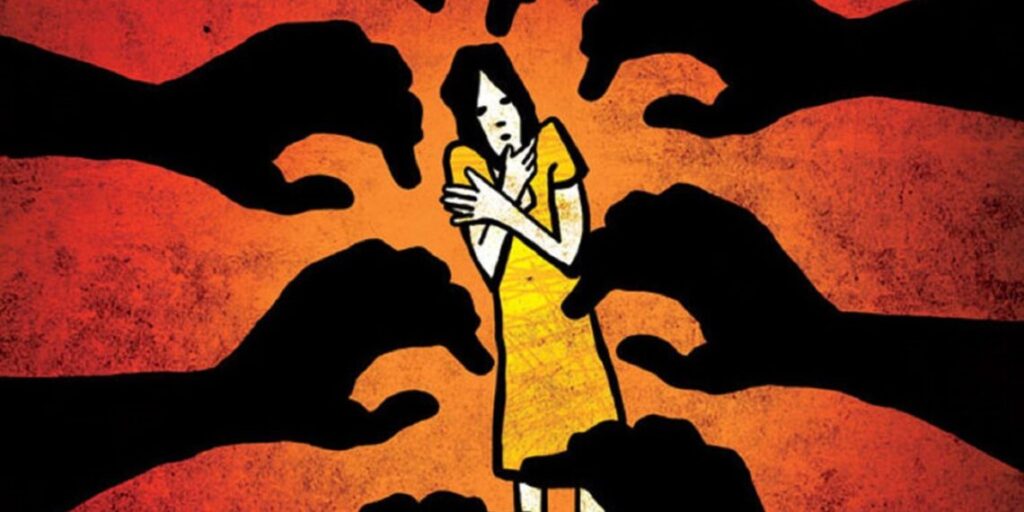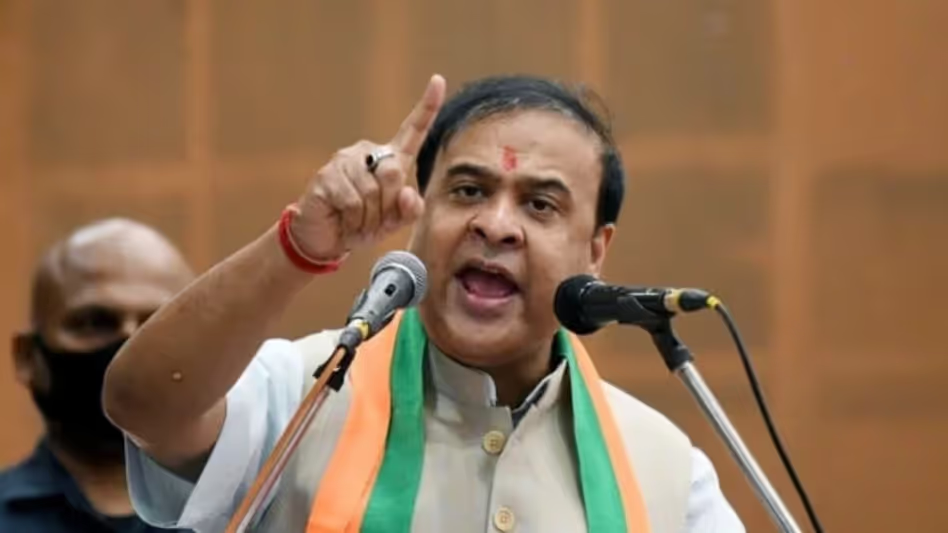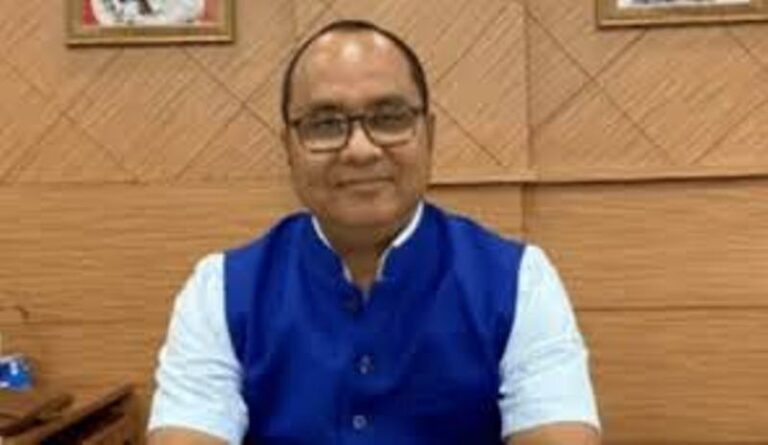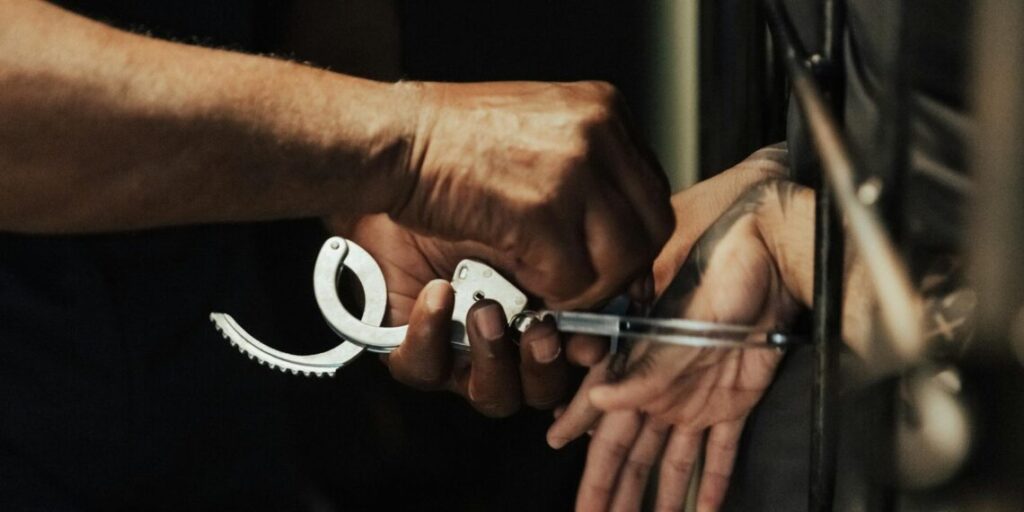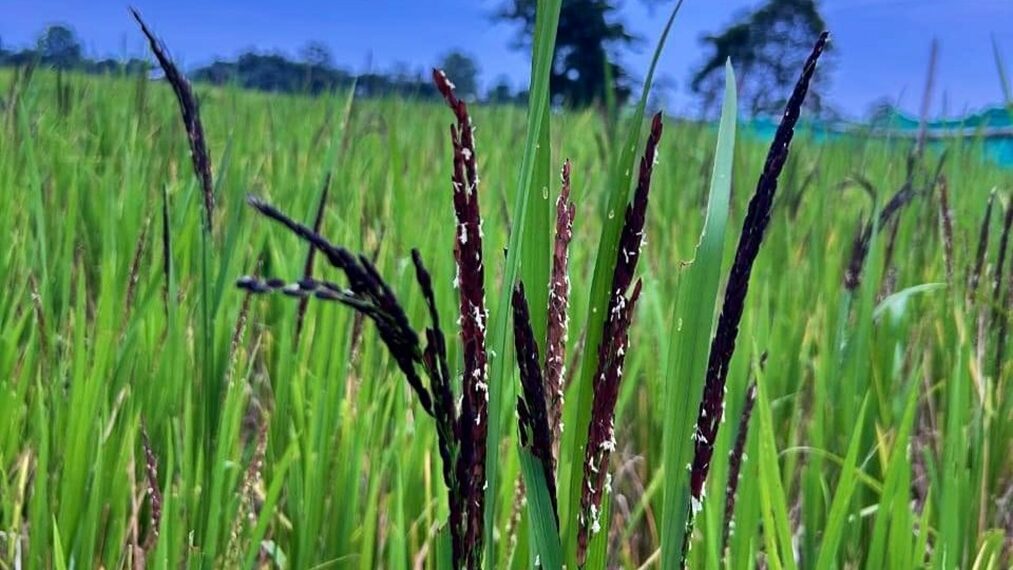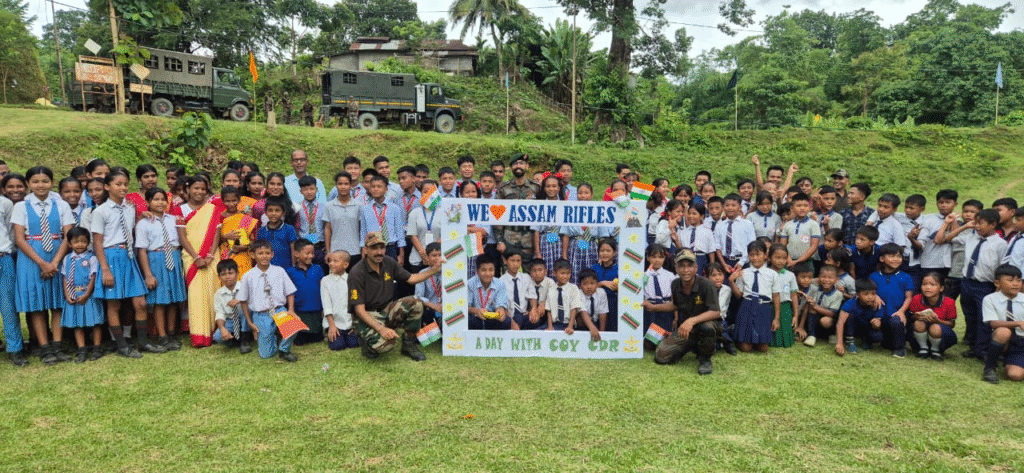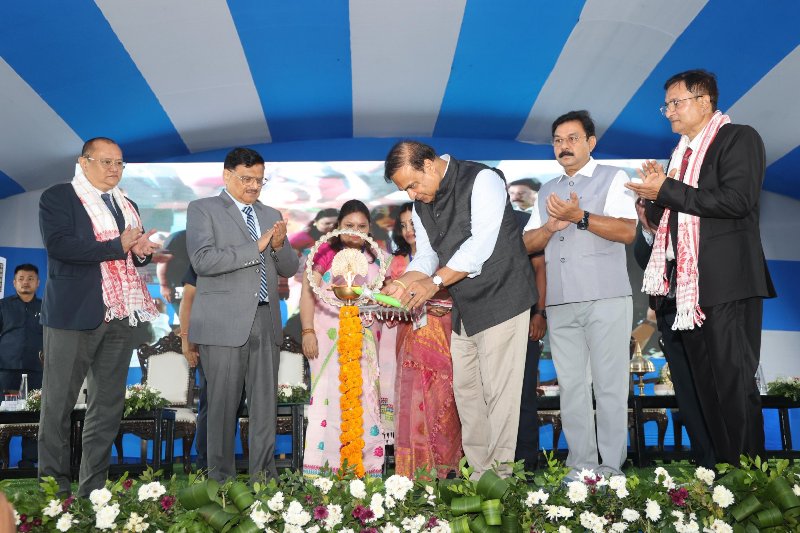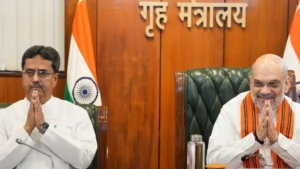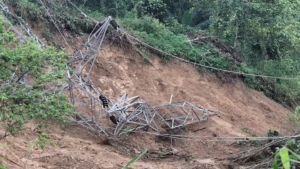Sonam Raghuvanshi, a 24-year-old woman from Indore, has been arrested for allegedly orchestrating the murder of her husband, Raja Raghuvanshi, during their honeymoon in Meghalaya. The crime, reportedly planned with her lover Raj Kushwah and executed with the help of hired accomplices, came to light after Raja’s body was discovered in a gorge near the Weisawdong waterfalls on June 2. Sonam, who had gone missing after the incident, was apprehended in Ghazipur, Uttar Pradesh, and is being transported to Shillong for further investigation. Police have arrested five people in connection with the case, uncovering digital payment trails and evidence suggesting a premeditated plot. The case has shocked both the families and the local community, as the investigation continues across multiple states.
